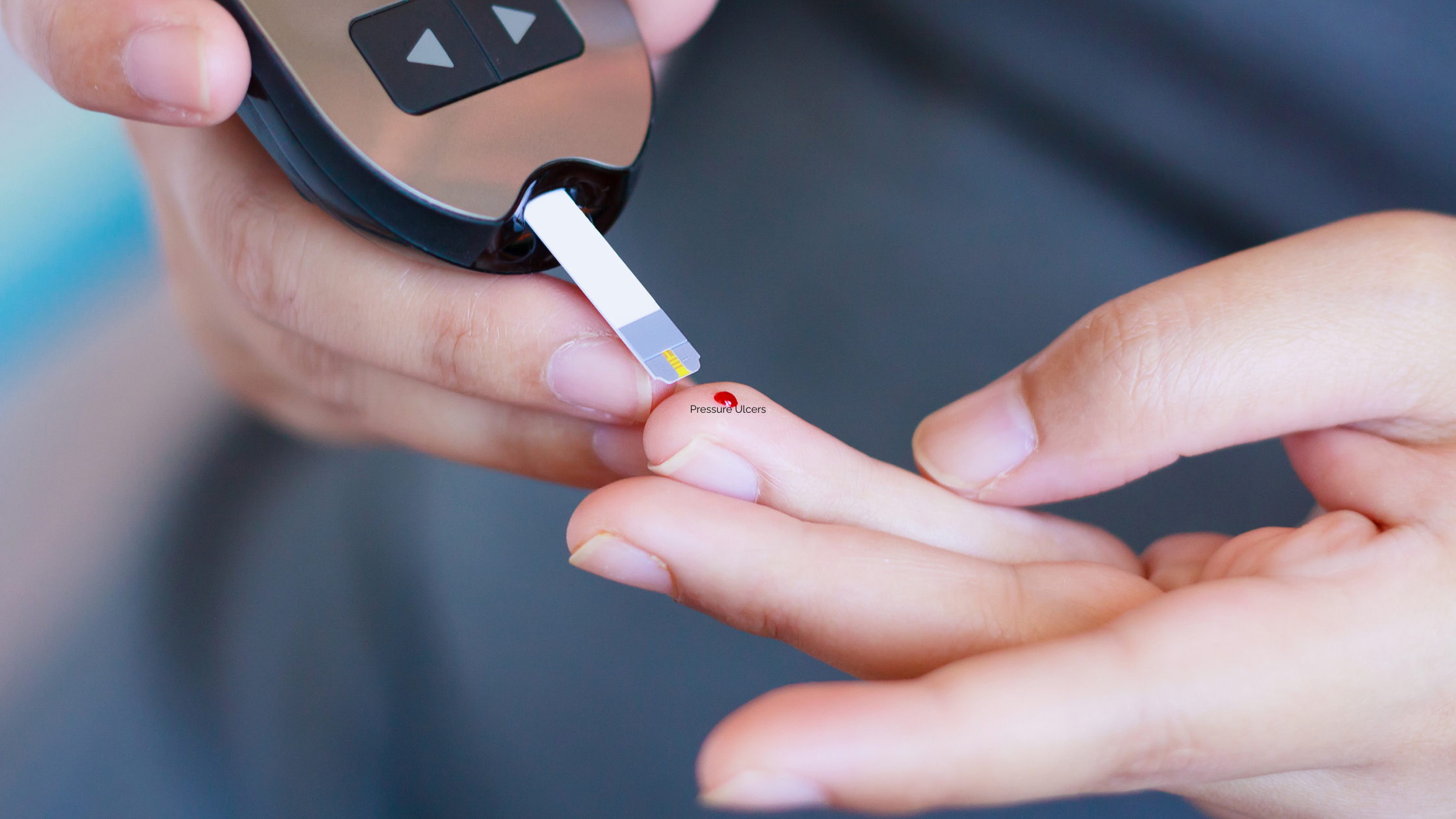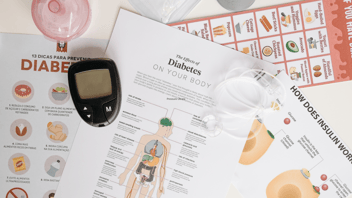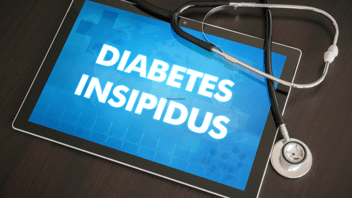Diabetic Ketoacidosis (DKA) NCLEX Review for Nursing Students + Free Download

Why Understanding Diabetic Ketoacidosis (DKA) is Important for Nursing Students
Life-Threatening Condition: DKA is a severe and potentially life-threatening complication of diabetes, especially in type 1 diabetes. Nurses should be knowledgeable about its pathophysiology, clinical presentation, and emergent management.
Common Occurrence: DKA can occur in patients with both known and undiagnosed diabetes. Nurses need to be prepared to recognize its signs and symptoms to provide timely intervention.
Assessment Skills: Nurses should be skilled in assessing patients for signs of DKA, such as hyperglycemia, ketosis, and metabolic acidosis. Early recognition is crucial for prompt treatment.
.png?width=1200&height=630&name=nclex%20review%20for%20angina%20(2).png)
Fluid and Electrolyte Imbalance: DKA leads to dehydration, electrolyte imbalances (such as hyperkalemia), and metabolic acidosis. Nurses need to understand the implications of these imbalances and how to correct them.
Insulin Administration: Nurses play a key role in administering insulin therapy to manage hyperglycemia and correct the metabolic derangements in DKA.
Fluid Resuscitation: Collaborating with the healthcare team to provide appropriate fluid resuscitation is essential to address dehydration and restore intravascular volume.
Emergency Management: DKA can lead to altered mental status, electrolyte imbalances, and cardiovascular instability. Nurses should be prepared to manage these emergencies.
NCLEX Preparation: The NCLEX exam may include questions related to DKA, its pathophysiology, assessment, interventions, and patient education. A solid understanding of this topic is essential for answering these questions accurately.
Overall, understanding DKA equips nursing students to provide safe, patient-centered care to individuals affected by this serious complication. It ensures that nursing students are prepared to address the unique challenges and needs of patients with DKA and contribute to positive patient outcomes.
General Information for Diabetic Ketoacidosis
1. Type I Diabetes Mellitus – Acute Exacerbation with
severe Hyperglycemia with Ketoacidosis
a. The body has NO insulin→ can’t get glucose
into cell → breaks down fatty acids for energy
→ Ketones (Acids)
Assessment for Diabetic Ketoacidosis
1. Ketoacidosis
a. Acidosis (pH <7.35, HCO3- <22)
b. Ketones in Urine
c. Fruity Breath (due to ketones)
d. Kussmaul Respirations
i. Trying to breathe off CO2 to compensate for
acidosis
ii. Clients can tire easily
e. Hyperkalemia→ potassium leaves the cell to
compensate for acidemia
2. Hyperglycemia
a. Blood Glucose 400-600 mg/dL
b. Severe Dehydration
i. Osmotic Diuresis
ii. Polyuria
c. ↑ BUN, Creatinine
d. Altered LOC (cellular dehydration)
Therapeutic Management for Diabetic Ketoacidosis
1. First nursing action = begin fluid replacement and
check electrolytes
2. Treatment Priority = correct acidosis
a. Insulin therapy → helps the body stop the
breakdown of fatty acids
b. Without insulin, DKA will continue to progress,
despite the fluid replacement
c. Insulin therapy continues until the anion gap
acidosis has fully resolved
3. Continue replacing fluids as needed to help manage
the dehydration caused by the hyperosmolarity
4. Monitor neurological status
5. Monitor and treat electrolyte imbalances
.png?width=1200&height=630&name=nclex%20review%20for%20angina%20(2).png)
Nursing Case Study for Diabetic Ketoacidosis
Patient Profile:
Emma Rodriguez, a 24-year-old woman with a history of type 1 diabetes, presents to the emergency department with complaints of extreme thirst, frequent urination, fatigue, and confusion. Her family reports that she has been vomiting for the past 24 hours and has not been taking her insulin as prescribed.
Assessment:
Upon assessment, Emma appears pale, dehydrated, and confused. Her blood glucose level is significantly elevated, and laboratory tests reveal ketones in her urine. Her vital signs show tachycardia and hypotension, and her respiratory rate is increased. An arterial blood gas test shows metabolic acidosis.
1. Stabilization:
- Collaborate with the healthcare provider to stabilize Emma's condition by administering intravenous fluids to address dehydration and correct electrolyte imbalances.
- Collaborate with the healthcare provider to initiate a continuous intravenous insulin infusion to lower Emma's blood glucose levels and correct the ketosis.
Collaborate with the healthcare provider to monitor and address electrolyte imbalances, such as hyperkalemia, during insulin therapy.
4. Vital Sign Monitoring:
- Continuously monitor Emma's vital signs, particularly her heart rate, blood pressure, and respiratory rate, to detect any signs of deterioration.
- Perform regular neurological assessments to monitor Emma's level of consciousness and cognitive function, as metabolic acidosis can lead to altered mental status.
- Collaborate with the healthcare provider to adjust fluid resuscitation based on Emma's response to treatment and hemodynamic status.
- Educate Emma and her family about the importance of insulin administration, blood glucose monitoring, and proper sick day management to prevent future episodes of DKA.
- Collaborate with a registered dietitian to develop a plan for resuming nutrition as Emma's condition improves and insulin therapy is adjusted.
- Provide emotional support to Emma and her family, addressing their concerns about her condition and helping them cope with the stress of the situation.
- Schedule follow-up appointments to monitor Emma's glycemic control, provide diabetes education, and assess her overall health.
Outcome:
With comprehensive care and prompt intervention, Emma's condition improves. Her blood glucose levels gradually normalize, and her acidosis resolves. Her electrolyte imbalances are managed effectively, and she becomes more alert and oriented. She receives education on proper diabetes management to prevent future episodes of DKA.
Free Download for Diabetic Ketoacidosis NCLEX Review
Are you looking for more must-know NCLEX review topics? Download our free eBook "NCLEX Flash Notes" as a valuable resource for nursing students. Encourage readers to download their free copy of the "NCLEX Flash Notes."
.png?width=1200&height=630&name=nclex%20review%20for%20angina%20(2).png)
You CAN Do This
Happy Nursing!







.png?width=352&name=Coronary%20Artery%20Disease%20nclex%20review%20for%20nursing%20students%20(1).png)